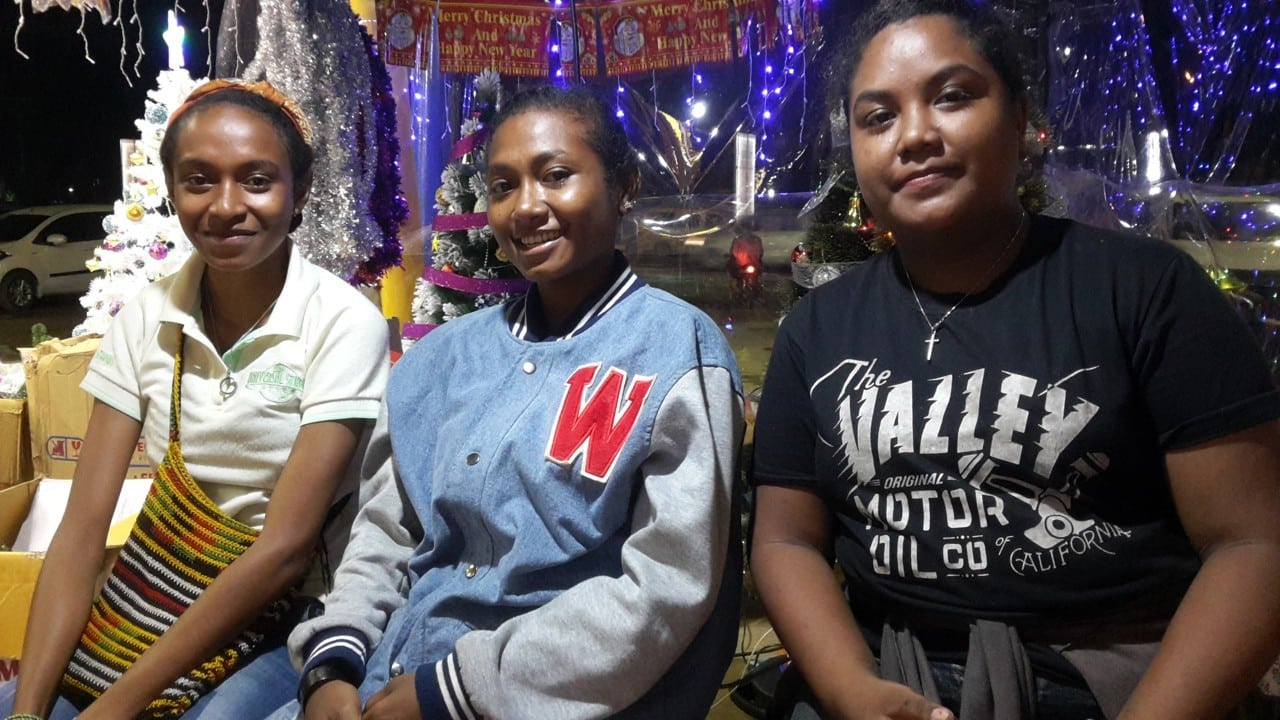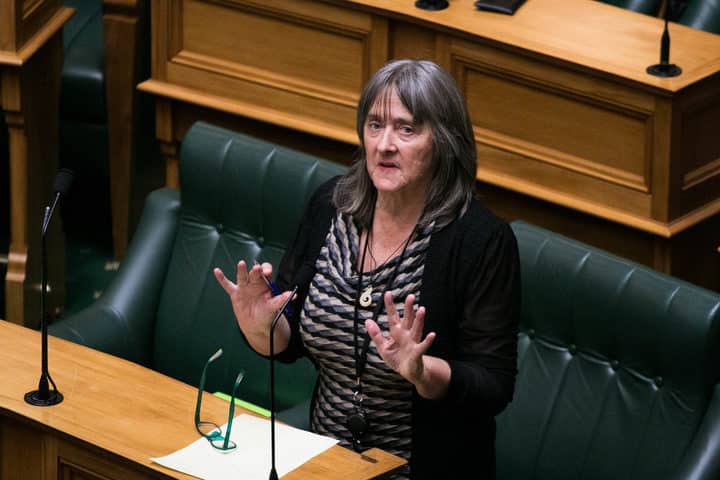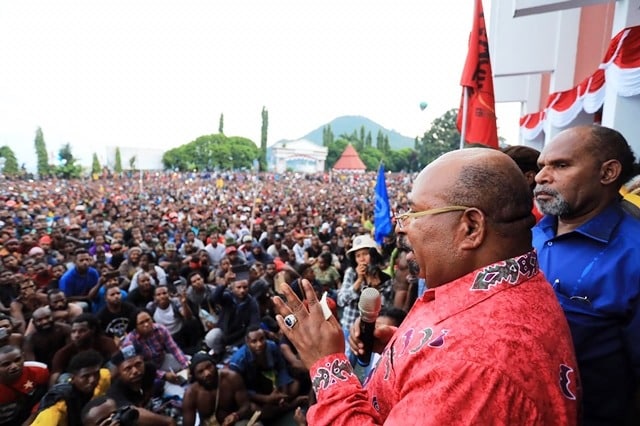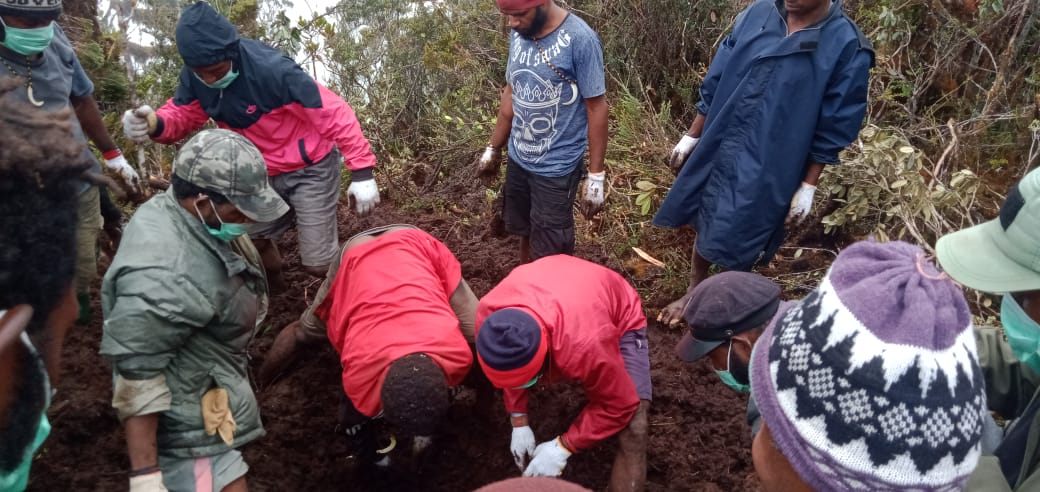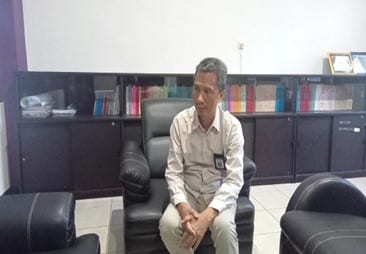By Karim Raslan
Source: South China Morning Post

Jayapura, Jubi – Young Papuans in an eastern Indonesian boom town are excited about the future, thanks to a resurgent economy. But will the good times last?
Sorong is booming. With 9.3 per cent GDP growth in 2016 (almost double Indonesia’s average) and located on the westernmost point of Papua, the 300,000-strong city is fast becoming a regional transport and logistics hub, boosted by its proximity to the fabled Raja Ampat islands and the ever-elusive bird of paradise.
However, Sorong isn’t a pretty sight. In fact, the city feels as if it’s still emerging from the scrubland – its urban sprawl stretching many kilometres into the interior, far from the waterfront that’s now bustling with activity.
I was very curious how the younger generation – the city’s millennials – viewed their future.
Were they optimistic? Did they see the new airport, port and Trans Papua Highway as the harbingers of a prosperous future? How were relations between indigenous Papuans and newer communities – the Bugis, Javanese and Minahassans?
I met three 18-year-old students: Maria Hestina, Maria Korwa and Mega Imbiri. All three were studying at the city’s largest tertiary institution, the Sorong Muhammadiyah University.
Maria Hestina is the daughter of transmigrants, her family was originally from Flores in East Nusa Tenggara. Her parents – now divorced – weren’t well-to-do. Her father was a labourer while her mother sold petrol and fruits at the market.
Maria Korwa’s family has been in Papua for generations. She was the product of an interreligious marriage: her father was Muslim while her mother was Christian. In an arrangement that is common in some part of Indonesia, her brothers were Muslim but her sisters and she were Christian.
Mega Imbiri was the daughter of a fisherman and a housewife, both of whom are Papuan natives.
“My father has to go out to sea every day and sometimes comes back with very few fish. He has to brave the rain, the waves and saltwater. … As a child I would hold his hands; they were always coarse.
Papua has long been considered a restive, troubled part of Indonesia.
However, Sorong, on the very “tip” of the island, has largely escaped the turmoil of the interior.
Instead, the city has benefited enormously from the current administration’s focus on strengthening transport links with the rest of the republic – creating a boom that more than matches Timika, the central Papuan town, home to Grasberg, the world’s largest gold mine and second largest copper mine run by the controversial American miner Freeport-McMoRan.
The three young women present a positive “spin” to the Eastern Indonesian region. Their religious diversity is remarkable – Maria Hestina is Catholic, Maria Korwa is Pentecostal Christian and Mega Imbiri is Protestant. Maria Hestina is a first-generation transmigrant while Maria Korwa and Mega Imbiri are natives.
Maria Korwa is unequivocal about the province’s problems.
“There’s a lot of crime in Sorong. Every day, there are muggings, fuelled by alcoholism and drug addiction – including glue-sniffing among youths.”
Maria Hestina adds: “Around 2005-2006, the water supply was very unreliable and we often suffered from blackouts. It has improved since then, but there’s still a long way to go.”
“The price of petrol has also gone up – it’s now 5,000 rupiah per litre. I know because my mother sells petrol; people are finding it difficult to cope.”
Mega Imbiri has her own take.
“Development is difficult in Papua. The terrain is hilly and heavily forested. It will take years before projects see results. What makes me very happy is the attention Jokowi (Indonesian President Joko Widodo) has been giving Papua. He’s visited the island more times than any other president before him.”
The administration’s initiatives have already begun to bear fruit. Maria Hestina noted that under former president Susilo Bambang Yudhoyono and Jokowi, primary and secondary education was made free. On December 20, the government announced plans to bring electricity to the whole of Papua and build new roads.
While the two provinces (Papua and West Papua) continue to represent a major challenge to Indonesian unity and stability – the eagle-eyed focus on economic growth has brought tangible gains to their people.
It’s this transformation that may well hold the key to binding the island of Papua to Indonesia.
Admittedly, this is a very positive take – that the current administration’s focus on economic grievances is having an impact. But is it enough?(*)
Editor: Zely Ariane



